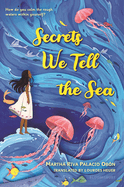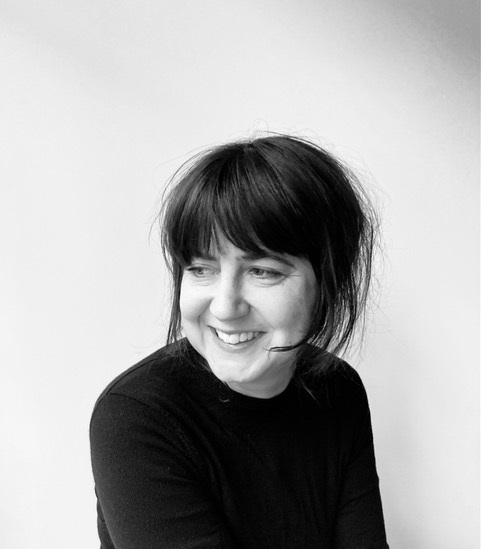 |
| photo: Chloe Briggs |
Kate Briggs is a writer and translator who lives in the Netherlands. This Little Art, a narrative essay on the practice of translation, was published by Fitzcarraldo Editions in 2017 and won a Windham-Campbell Prize for nonfiction. Her debut novel, The Long Form (out now from Dorothy, a publishing project), features a woman, Helen, and her newborn as Helen contemplates the ideas of Henry Fielding, E.M. Forster, Gertrude Stein, and others, and their ideas as they relate to time.
Handsell readers your book in 25 words or less:
The Long Form is an idiosyncratic, nonprescriptive manual for novel-writing and art-making, disguised as a novel about motherhood--and the reverse is also true!
On your nightstand now:
Happily, my nightstand is a big folding table, which provides lots of support for lots of books. Right now, these include: Heat Wave by Penelope Lively (I'm halfway through); The Makioka Sisters by Jun'ichirō Tanizaki, translated by Edward G. Seidensticker (just finished); and Chroma by Derek Jarman (just started--so far, I've only read Ali Smith's beautiful introduction). Waiting for me: Group Works: Art, Politics, and Collective Ambivalence by Ethan Philbrick and At the Full and Change of the Moon by Dionne Brand.
Favorite book when you were a child:
Probably Anne of Green Gables by Lucy Maud Montgomery, then all five subsequent volumes. I would read and reread Anne of the Island, imagining the home that Anne and her best friend set up together. I can no longer remember the name of the friend, but the cottage was called Patty's Place, and there were two porcelain dogs on either side of the fireplace, named Gog and Magog.
Book you've faked reading:
I bluffed quite a lot during my 20s. I was studying for a Ph.D., and the people I hung around at that time had a habit of talking about books in ways that made it feel like a combat sport or a shaming sport. I don't ever want to feel that way again or make anyone else suffer as I did, so let's just say: I am vastly underread in many areas, including literature and philosophy, and I'm completely cool with it.
Book you're an evangelist for:
The Saddest Thing Is That I Have Had to Use Words: A Madeline Gins Reader, edited by Lucy Ives and published in 2020 by Siglio Press. Gins (1941-2014) was a poet, philosopher, architect, essayist, and artist. Since being introduced to her work a few years ago, I've recommended this book to so many students and so many friends. The cover copy describes Gins's writing as deeply attuned to the "energized, collaborative space between reader and page"--and that's exactly it. I need only let the pages of this collection fall open to feel newly in love with the potentials of that space.
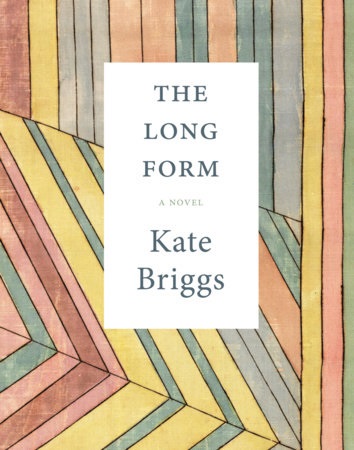 Book you've bought for the cover:
Book you've bought for the cover:
Actually, my youngest son, Sammy, recently chose The Makioka Sisters for me on the basis of the cover. We were in a bookshop at the start of the summer, and I was complaining that I wanted, but couldn't seem to find, something "substantial." He picked up The Makioka Sisters, partly because it looked thick enough to do the job, but mostly because he thought I'd like the cover, which I do: it's the beautiful Vintage Classics edition. I bought it and found it utterly compelling but also very challenging--it really made me rethink my own narrative expectations, because they kept getting thwarted or redirected. I won't reveal it here but: the ending? That last line?!
Book you hid from your parents:
Forever by Judy Blume, the contraband copy circulating the hallways of Frome Community College in the early '90s. Like many girls my age, I was immensely grateful for it and for all of Blume's books.
Book that changed your life:
Honestly, I feel like books are constantly changing my life, in small ways or in major ways. It's why I read. That said, there was a big moment of revelation, which I wrote about very briefly in This Little Art. I was 11 years old. It was the long summer holidays, there was no TV where we were staying, and I had run out of all the children's books my mum had packed for me. So she gave me an old hardback copy of Jane Eyre to read, with no picture on the cover, printed in intimidatingly small print. It didn't look interesting in any way. And yet I started it and was immediately absorbed. That was a precious, privileged, life-changing lesson: it made me unafraid of intimidating-looking, "difficult" books--and of reading in general. Since then, I've always felt there's at least a chance a book will be for me (too).
Favorite line from a book:
Because it's so hard to land on just one, I'll offer my favorite line from a book I'm currently reading (not from the pile on my nightstand but from the different pile on my desk). It's my favorite because it's funny and provocative and potentially even instructive; because it comes from the poet, artist, and publisher Ian Hamilton Finlay, whose work I love; and, finally, because I found it quoted in The Small Press Model by Simon Cutts (Uniformbooks, 2023), a profoundly inspiring book about a life devoted to poetry and to making books. "The proper subjects for poetry are;/ the Seasons, the Affections, Fishing Boats,/ Inland Waterways, Non-Alcoholic Beverages,/ Certain Flowers, Certain Trees./ Improper Subjects are;/ Sex, Drugs, War and Self."
Five books you'll never part with:
Two years ago, I lost about 40 boxes of treasured, mostly secondhand books, because the storage unit where they were being safely (?) stored flooded. It was devastating. But I learned then that it is possible to be parted from books--among the reasons why I love books as a medium are that they are relatively cheap and exist in multiple and, therefore, can be slowly replaced. That said, these weren't damaged, and I'm immensely grateful for it.
Meg and Mog by Jan Pieńkowski and Helen Nicoll, because it's a board book that my sister and I read as children and we then both read to our children, so it connects me to them and to her. I love the illustrations. It still makes me laugh that the four witches that get changed into mice are called Jess, Bess, Tess and... Cress.
George Eliot's Middlemarch, my mum's copy from when she was a student, with her notes in the margin.
The Nice and the Good, which my friend Moosje knows is my favorite Iris Murdoch novel, and that is why she bought me a first edition (the cover only slightly torn) via her amazing online secondhand bookshop, called and so on books.
Then I have a small collection of signed copies of books by writers I deeply admire, including Kathryn Scanlan's Kick the Latch, Preti Taneja's Aftermath, and Yasmine Seale's and Robin Moger's Agitated Air: Poems After Ibn Arabi. I'd find it hard to let go of any of them.
Book you most want to read again for the first time:
Either Ursula Le Guin's Earthsea quartet or Elizabeth Jane Howard's The Cazalet Chronicles. I read the latter for the first time during the pandemic and gave daily thanks that such immersive joy exists.
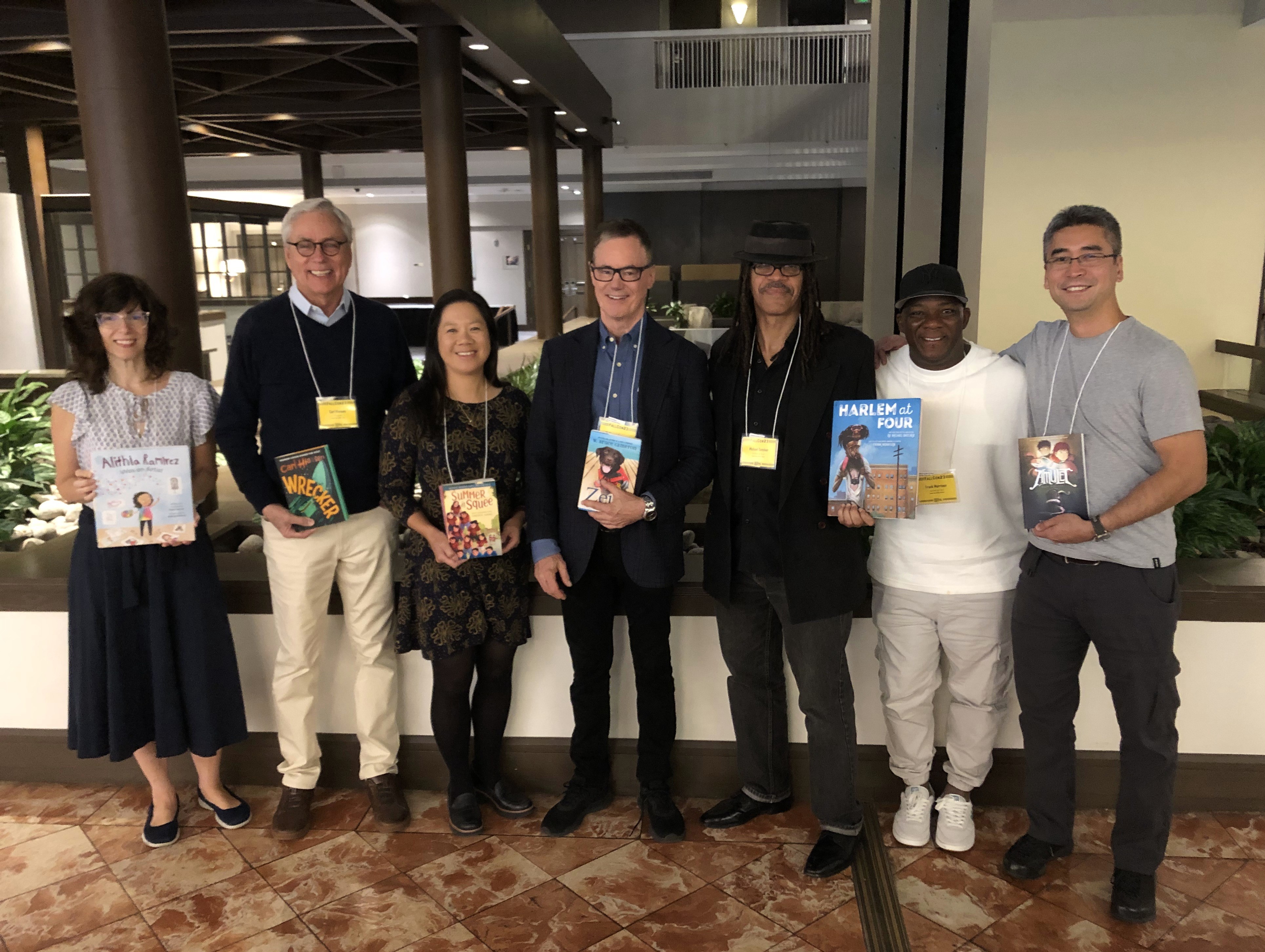 FallCon kicked off with the Children's Authors & Illustrators Keynote Breakfast. Pictured: (l.-r.) Violet Lemay (Alithia Ramirez Was an Artist), Carl Hiaasen (Wrecker), Andrea Wang (Summer at Squee), W. Bruce Cameron (Zeus: Water Rescue), Michael Datcher & Frank Morrison (Harlem at Four), and Kazu Kibuishi (Amulet).
FallCon kicked off with the Children's Authors & Illustrators Keynote Breakfast. Pictured: (l.-r.) Violet Lemay (Alithia Ramirez Was an Artist), Carl Hiaasen (Wrecker), Andrea Wang (Summer at Squee), W. Bruce Cameron (Zeus: Water Rescue), Michael Datcher & Frank Morrison (Harlem at Four), and Kazu Kibuishi (Amulet).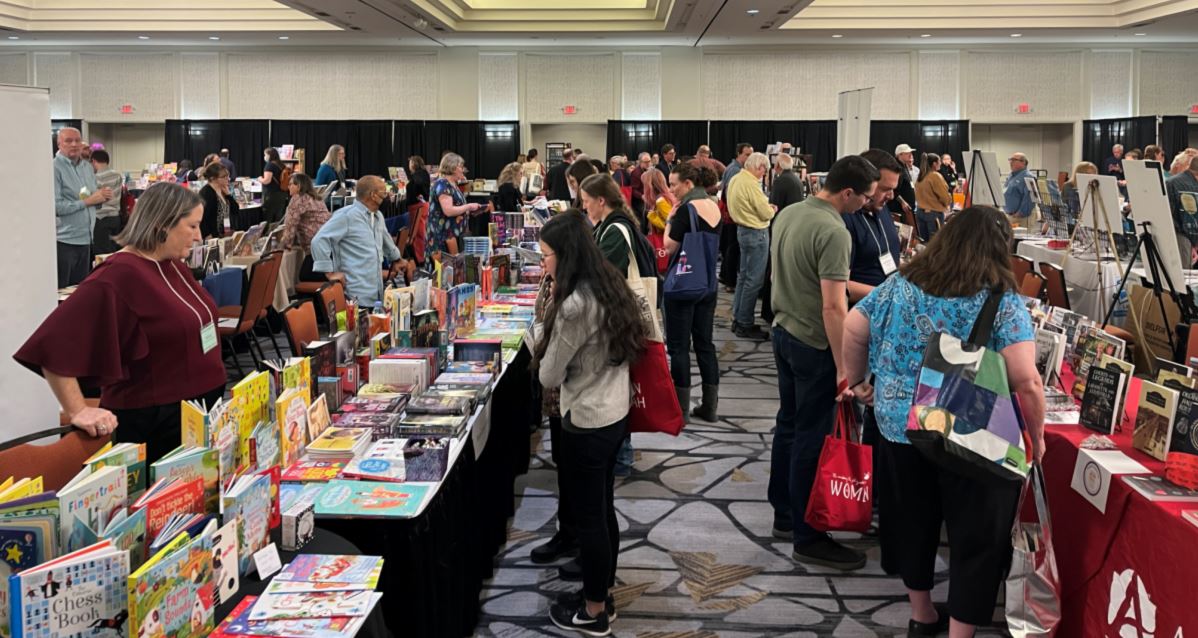
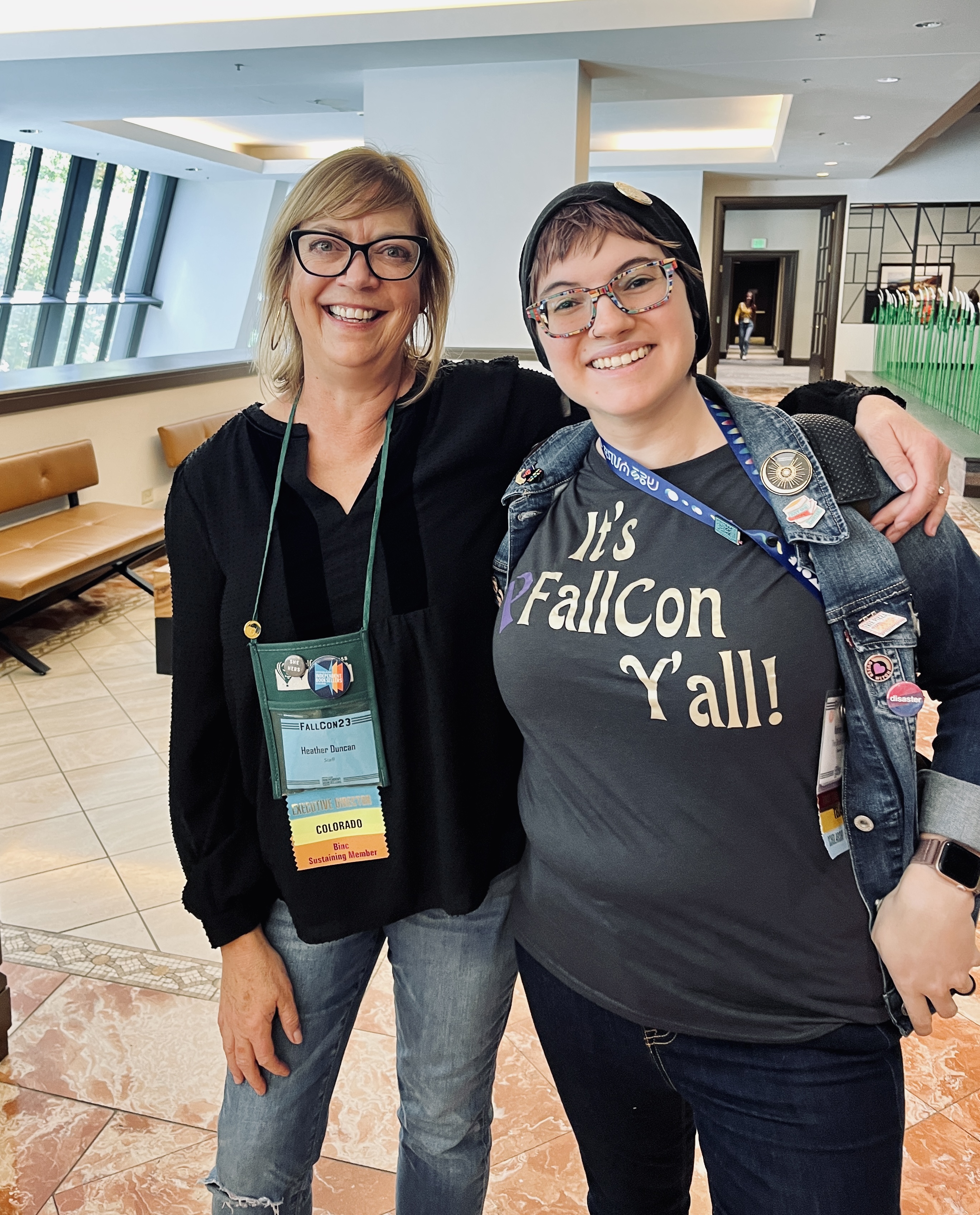 MPIBA executive director Heather Duncan with Kelsey Black, owner of the Book Burrow in Pflugerville, Tex. Black is one of the first two recipients of the Joyce Meskis Excellence in Bookselling Scholarship. (The other is Cori Cusker, book buyer at Brightside Bookshop in Flagstaff, Ariz.)
MPIBA executive director Heather Duncan with Kelsey Black, owner of the Book Burrow in Pflugerville, Tex. Black is one of the first two recipients of the Joyce Meskis Excellence in Bookselling Scholarship. (The other is Cori Cusker, book buyer at Brightside Bookshop in Flagstaff, Ariz.)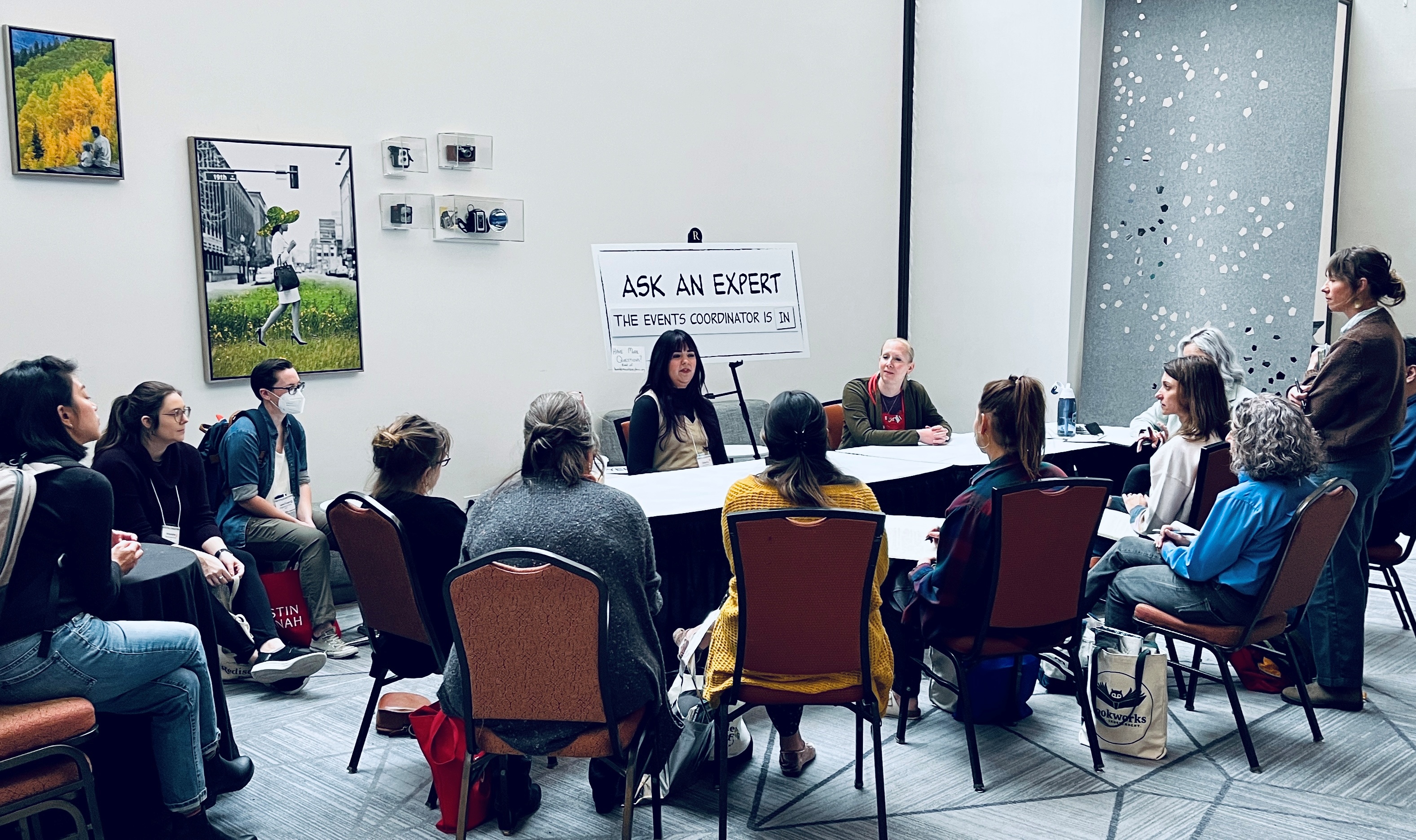 An Ask an Expert education session with presenters Shelbee King (manager, Best of Books, Edmond, Okla.) and MPIBA board president Stephanie Schindhelm (Boulder Book Store, Boulder, Colo.).
An Ask an Expert education session with presenters Shelbee King (manager, Best of Books, Edmond, Okla.) and MPIBA board president Stephanie Schindhelm (Boulder Book Store, Boulder, Colo.).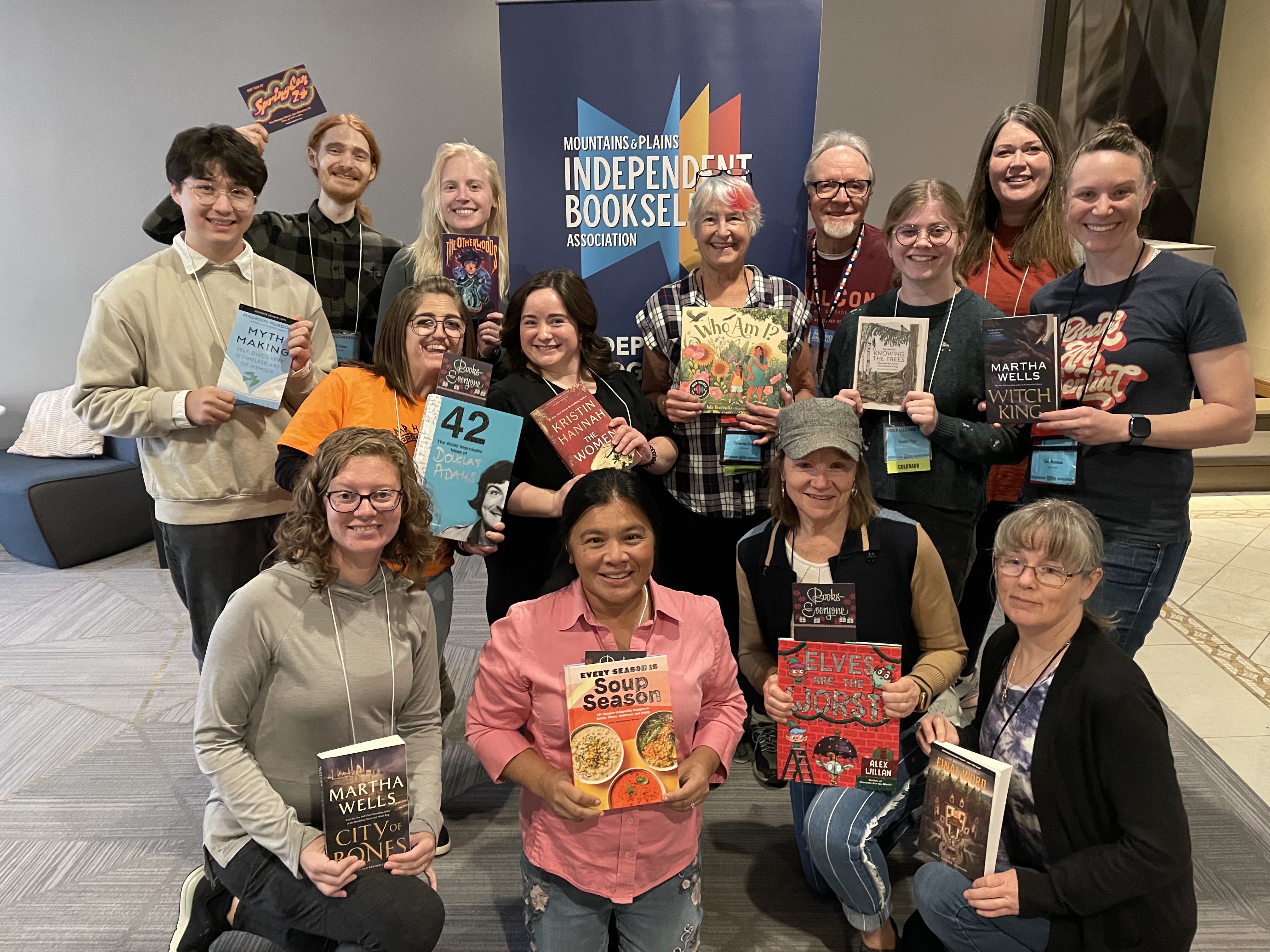 Some of the hardworking FallCon volunteers, holding books featured in the MPIBA Holiday Gift Guide.
Some of the hardworking FallCon volunteers, holding books featured in the MPIBA Holiday Gift Guide.




IPC.0204.S3.INDIEPRESSMONTHCONTEST.gif)




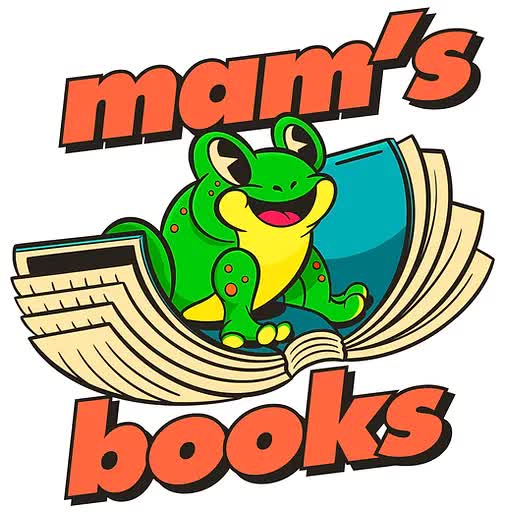 Last month,
Last month, 
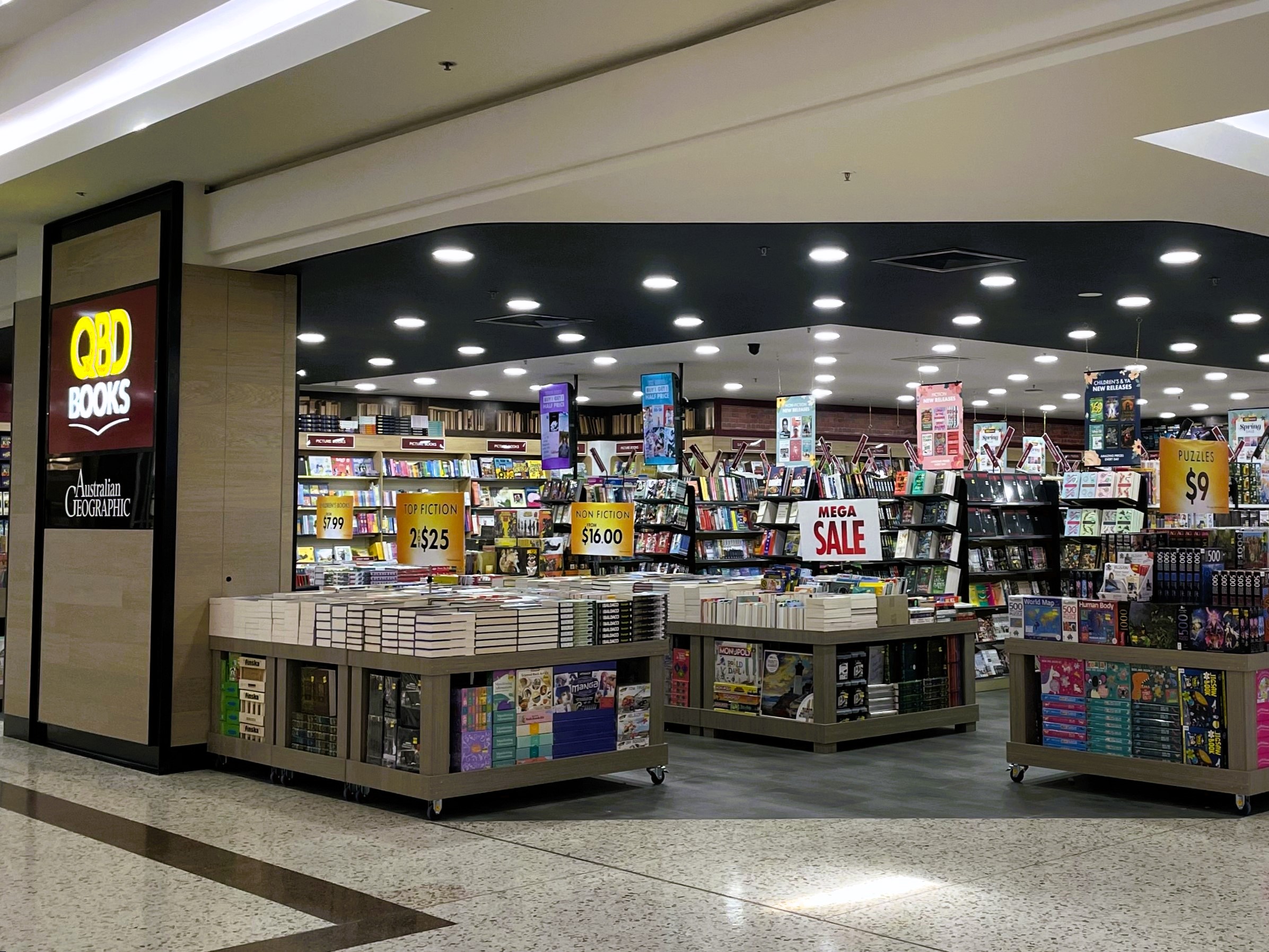 Australian bookstore chain
Australian bookstore chain 
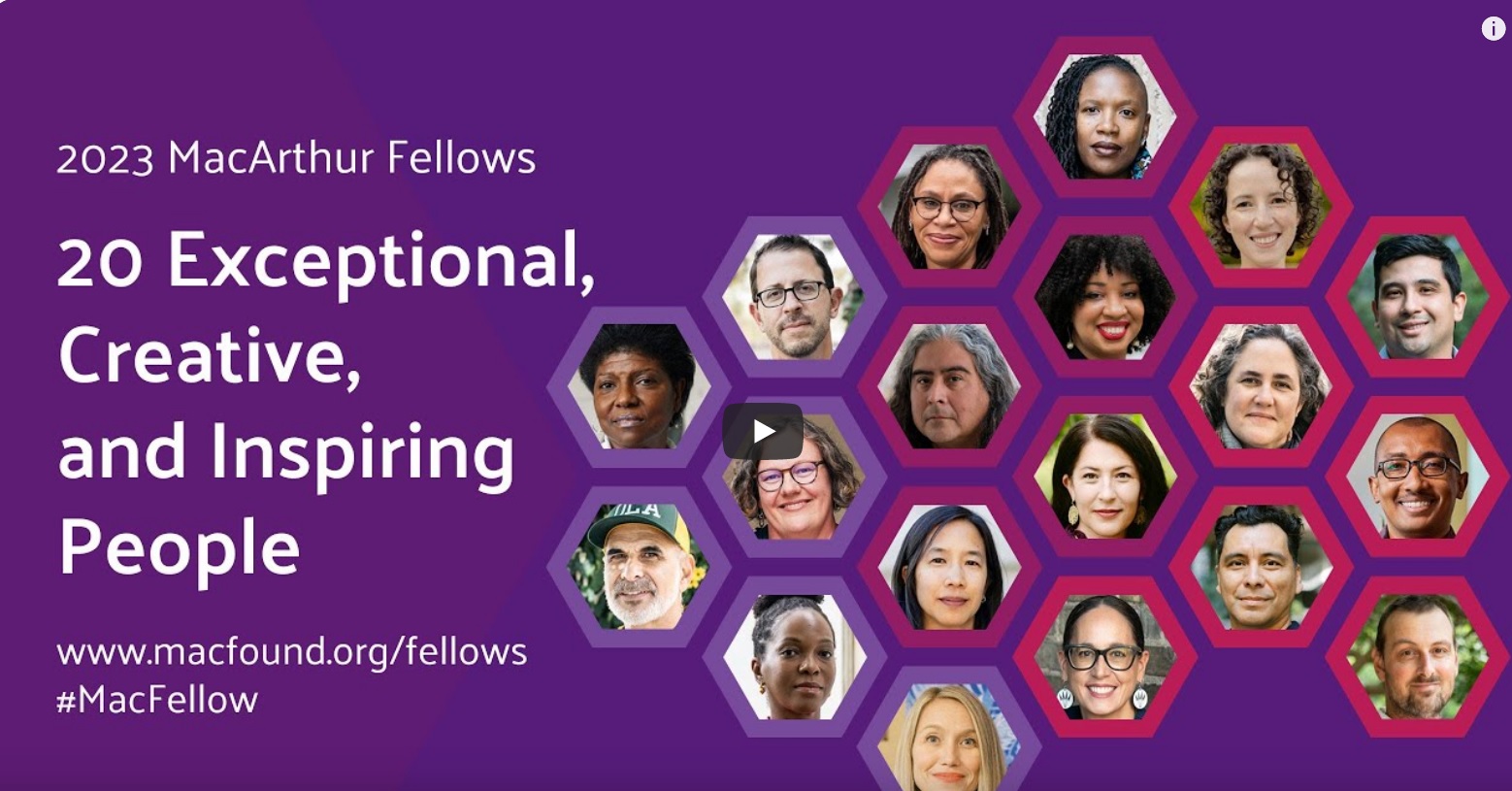 Writers among the 20 recipients of this year's
Writers among the 20 recipients of this year's IPC.0211.T4.INDIEPRESSMONTH.gif)
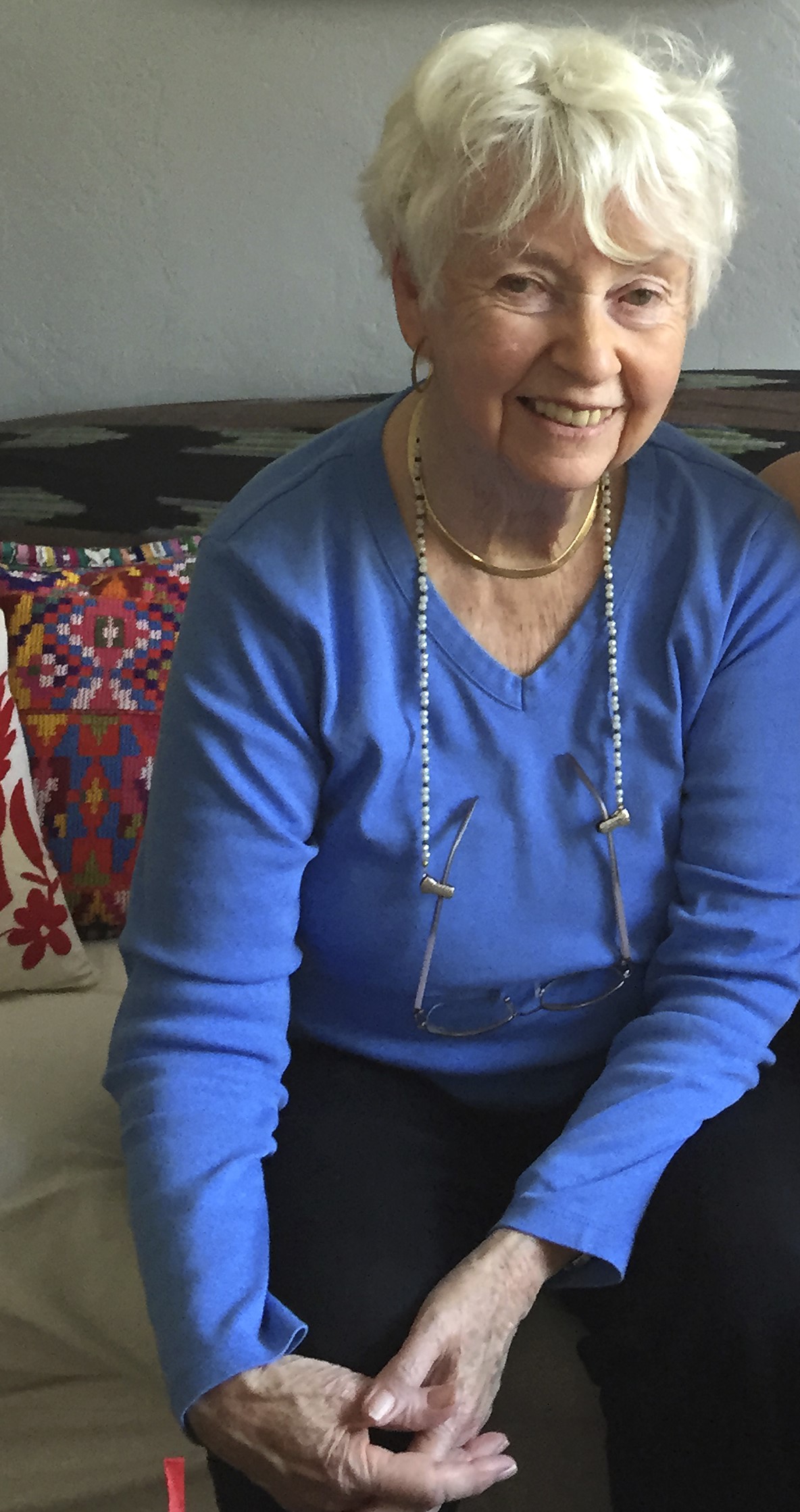
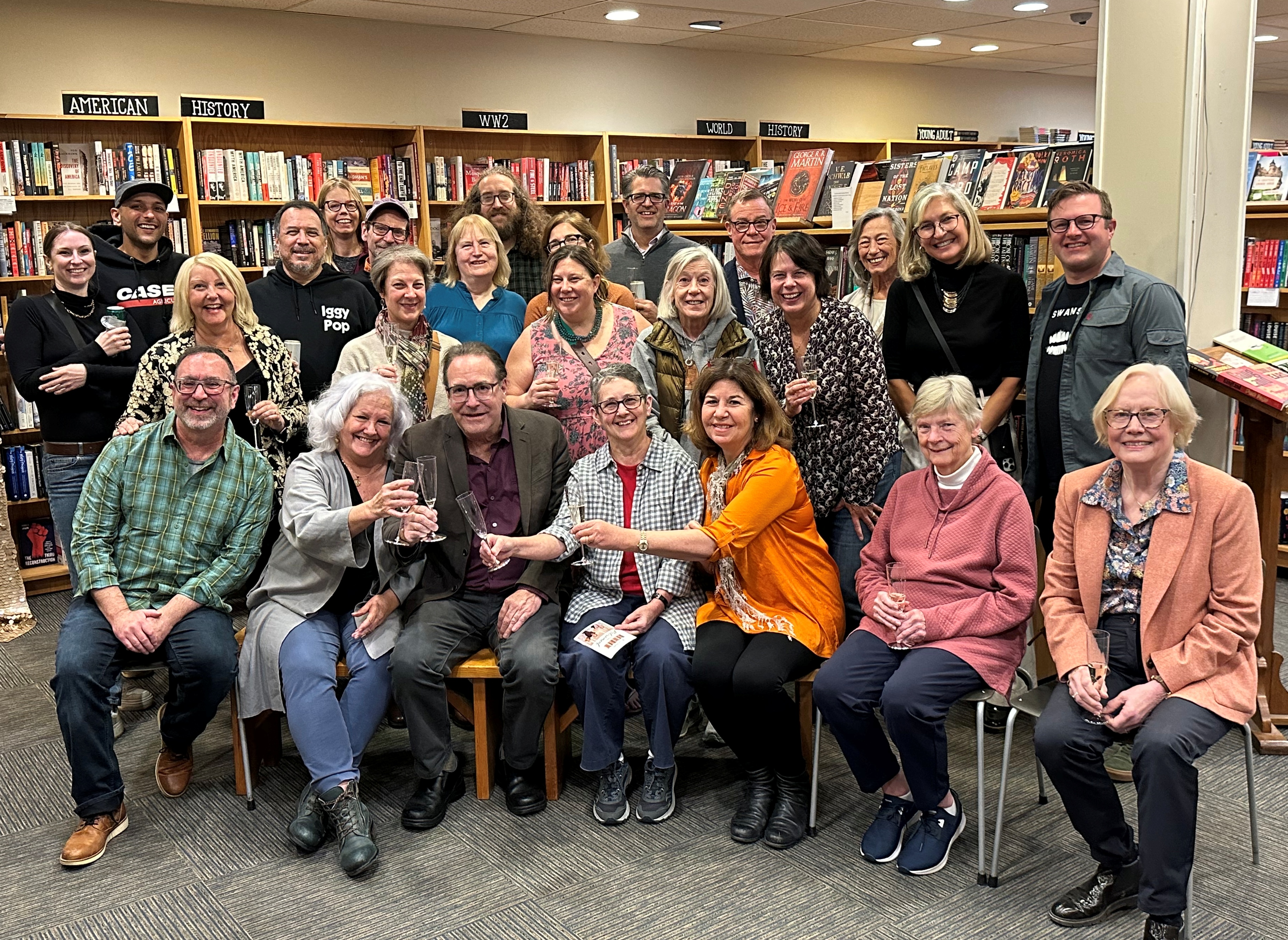 Local booksellers and reps gathered to celebrate legendary PRH reps Bridget Piekarz (front, second from left) and Brian Wilson (front, third from left) at
Local booksellers and reps gathered to celebrate legendary PRH reps Bridget Piekarz (front, second from left) and Brian Wilson (front, third from left) at 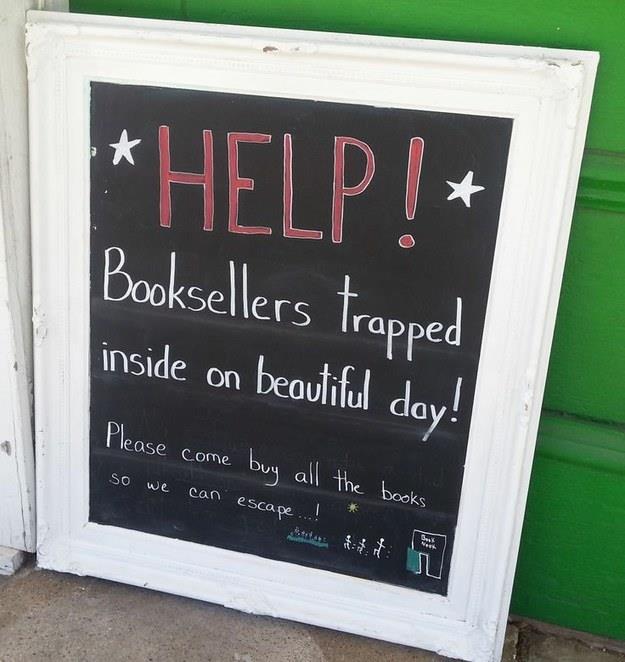 "It's a beautiful autumn day,"
"It's a beautiful autumn day," 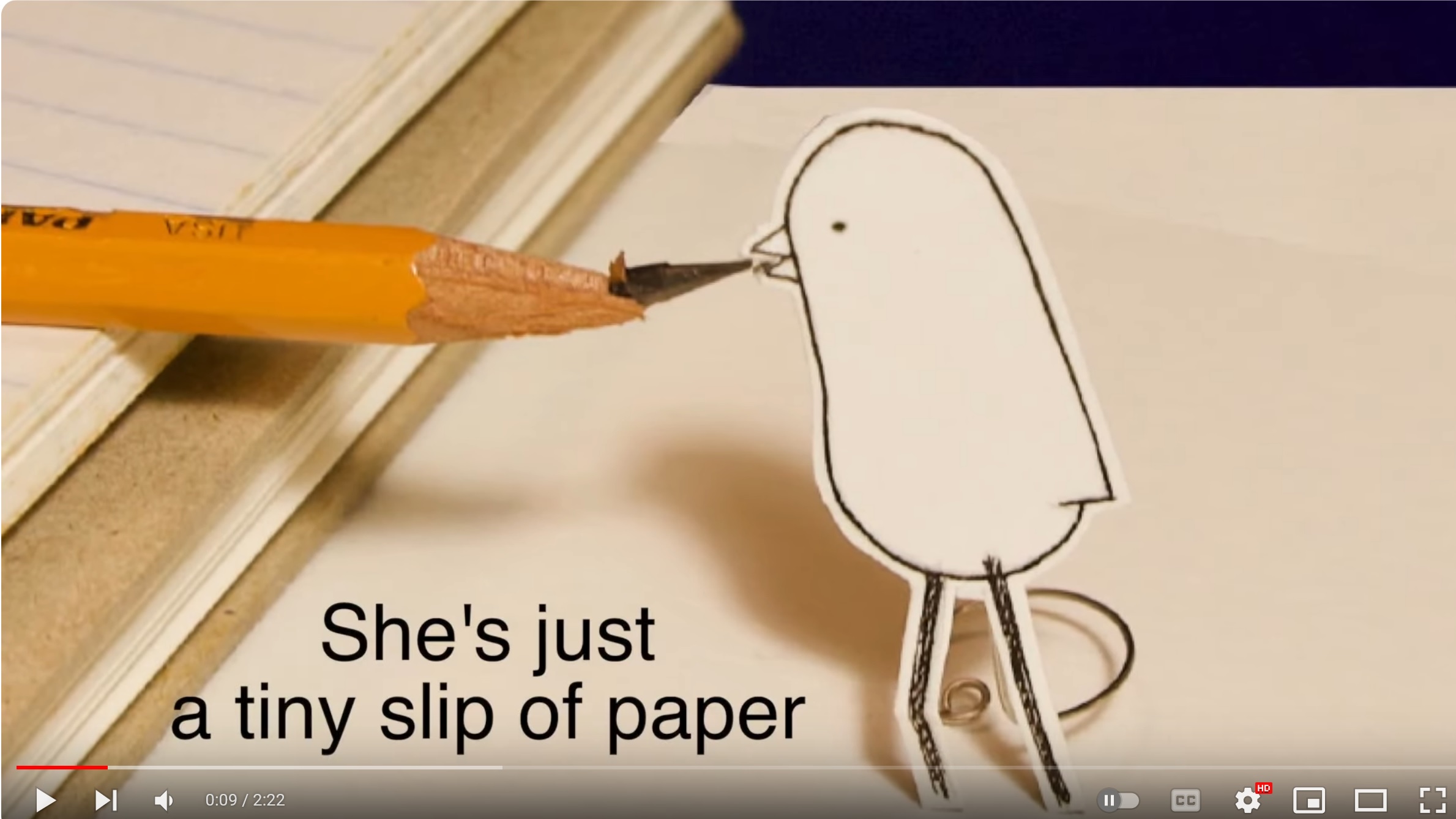 Lonely Bird
Lonely Bird
 Book you've bought for the cover:
Book you've bought for the cover: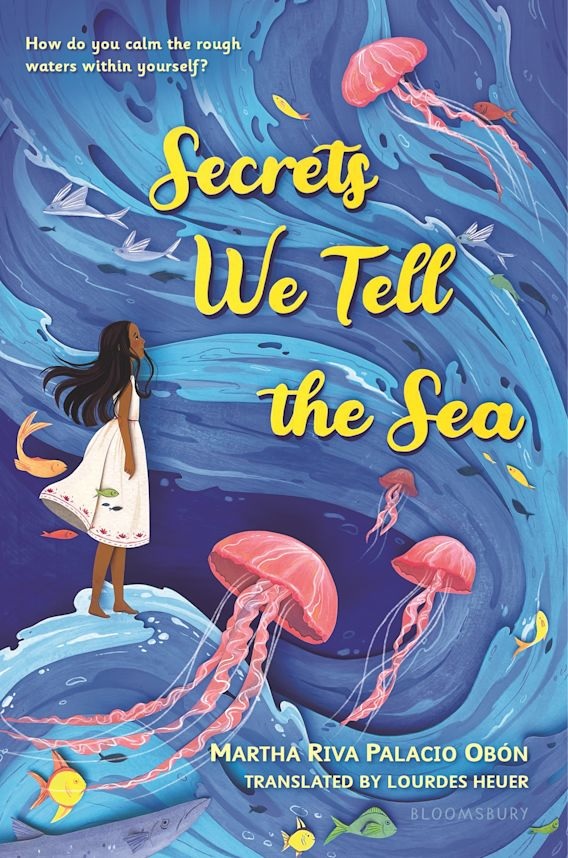 A 10-year-old girl speaks openly to the sea in this stunning translation from the Spanish by Lourdes Heuer (author of Esme's Birthday Conga Line) of Secrets We Tell the Sea, the Mexican award-winning middle-grade novel by Martha Riva Palacio Obón (Buenas noches, Laika). It is an exquisite portrait of friendship, loss, healing, and the untamable forces of childhood inquisitiveness, individuality, and insightfulness.
A 10-year-old girl speaks openly to the sea in this stunning translation from the Spanish by Lourdes Heuer (author of Esme's Birthday Conga Line) of Secrets We Tell the Sea, the Mexican award-winning middle-grade novel by Martha Riva Palacio Obón (Buenas noches, Laika). It is an exquisite portrait of friendship, loss, healing, and the untamable forces of childhood inquisitiveness, individuality, and insightfulness.